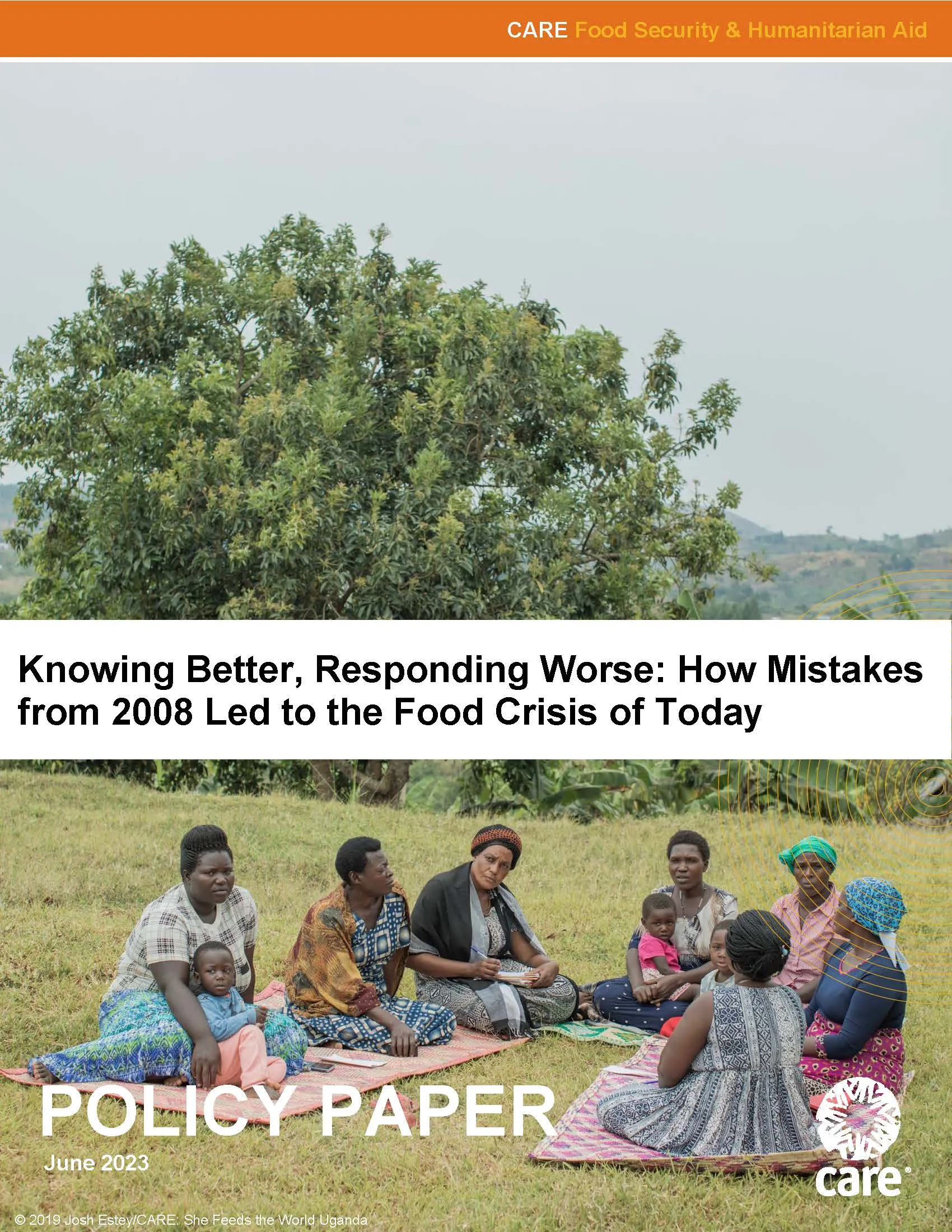
This report compares two crises points in humanitarian and food security needs (2008 and 2022), and the international communities funding responses and approaches. CARE generated evidence and program examples, as well as external funding data, show that the 2022 hunger crisis is twice as bad in 2008, but we are not seeing similar urgency and funding scale up—nor are we seeing lessons learned in prioritizing layered, nexus approaches in the response.
The GEN is a regional community of practice for suppliers and vendors/ business partners to explore gender equity issues in factories and the community and to exchange their experiences, ideas, best practices, and solutions for advancing gender equity within the supply chain. Read More
It’s often said that women eat last and least. But all too often we lack the timely and actionable data we need to close the gender hunger gap. To remedy this, CARE in Honduras combined the global standards of the Integrated Food Security Phase Classification (IPC) and our Rapid Gender Analysis toolkit to demonstrate the potential of a gender-responsive early warning system. Read More
The world urgently needs more adaptable and accessible funding models that recognize the unique contributions of women's rights organizations and women-led organizations (WROs/WLOs). Despite their crucial role in crisis response, women's potential as leaders in humanitarian action is often sidelined, perpetuating gender inequalities and undermining response effectiveness. A multifaceted and rights-based approach is essential to tackle internal organizational barriers and external socio-political challenges. Read More